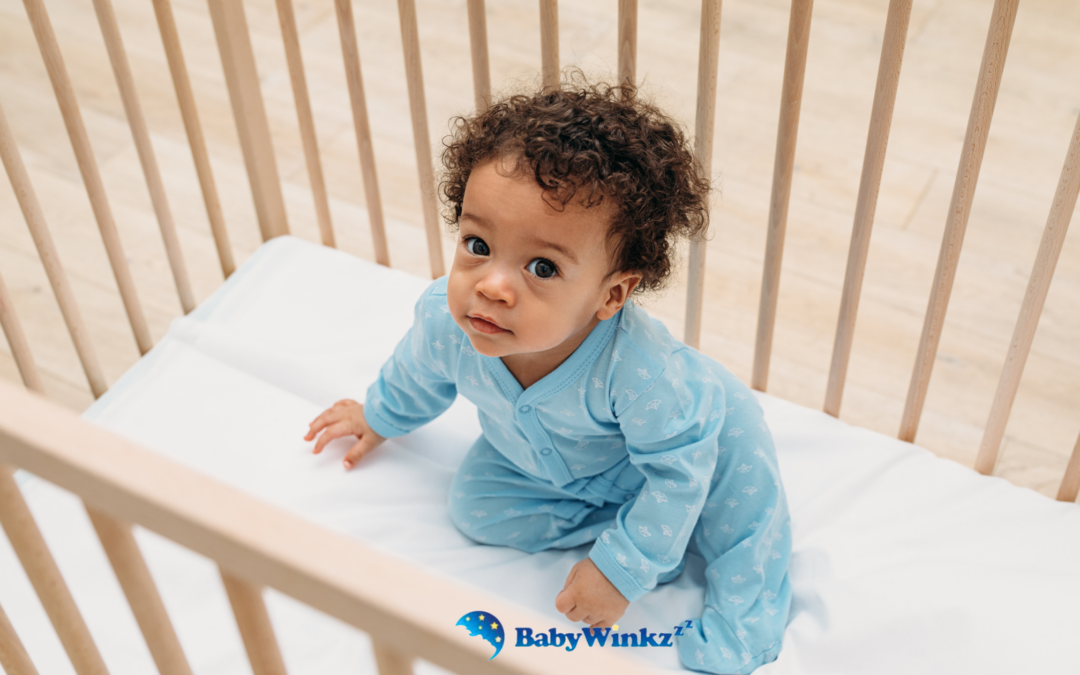Sleep is a fundamental aspect of human development, especially during the critical stages of infancy and childhood. While it’s well-known that adequate sleep is essential for physical growth and cognitive development, recent research has started to uncover its profound impact on long-term mental health. In this blog, we will be looking at a recent cohort study (Morales-Muñoz et al. 2024) which has investigated the association between persistent shorter sleep duration across childhood with psychosis in young adulthood.
Study Overview
Morales-Muñoz et al. (2024) followed children’s sleep patterns over several years to better understand the long-term effects of prolonged short sleep duration. The research suggested that children who consistently got less sleep over time were more likely to develop psychotic symptoms by age 24. Additionally, the study examined whether inflammation (indicated by levels of certain inflammatory markers), might mediate this relationship. The findings suggest that shorter sleep duration can lead to increased inflammation, which in turn may contribute to the development of psychosis. This highlights the importance of ensuring adequate sleep in children for their long-term mental health. However, it’s important to remember that no single study can provide all the answers, and there may be other underlying factors that this study didn’t explore.
Study Implications
This study reinforces the importance of addressing short sleep duration in children, as persistence of these sleep problems could be linked to a higher risk of developing psychosis later in life. By tackling sleep issues early on, we can help children establish healthy sleep habits, which are important for their overall well-being and mental health in the long-term. In my experience, parents often find themselves trapped in a cycle of guilt when it comes to asking for help with their child’s sleep. Societal pressures and personal expectations can create a stigma around seeking help or taking time for rest which is often seen as a luxury rather than a necessity. However, understanding the vital role of sleep is key to dispelling the guilt and learning that healthy sleep is a fundamental aspect of responsible parenting.
Is my Child Getting Enough Sleep?
The amount of sleep each child needs depends on multiple factors! As a rough guideline, I recommend for newborns (1-3 months) to expect around 20 hours of sleep a day, though in short stretches due to frequent feeding. Less than 15 hours may signal tiredness, with signs like fussiness and crying. Between 3-6 months, I would suggest aiming for two naps totalling 1-3 hours each, plus 11-13 hours at night. By around 1 year, one longer nap (1.5-3 hours) suffices, with 11-13 hours of night sleep. Toddlers (2.5-3.5 years) might skip naps but still need 11-13 hours of night sleep.
Morales-Muñoz, I., Marwaha, S., Upthegrove, R., Cropley, V., 2024. Role of Inflammation in Short Sleep Duration Across Childhood and Psychosis in Young Adulthood. JAMA Psychiatry, 8 (e240796). [PMC free article].

